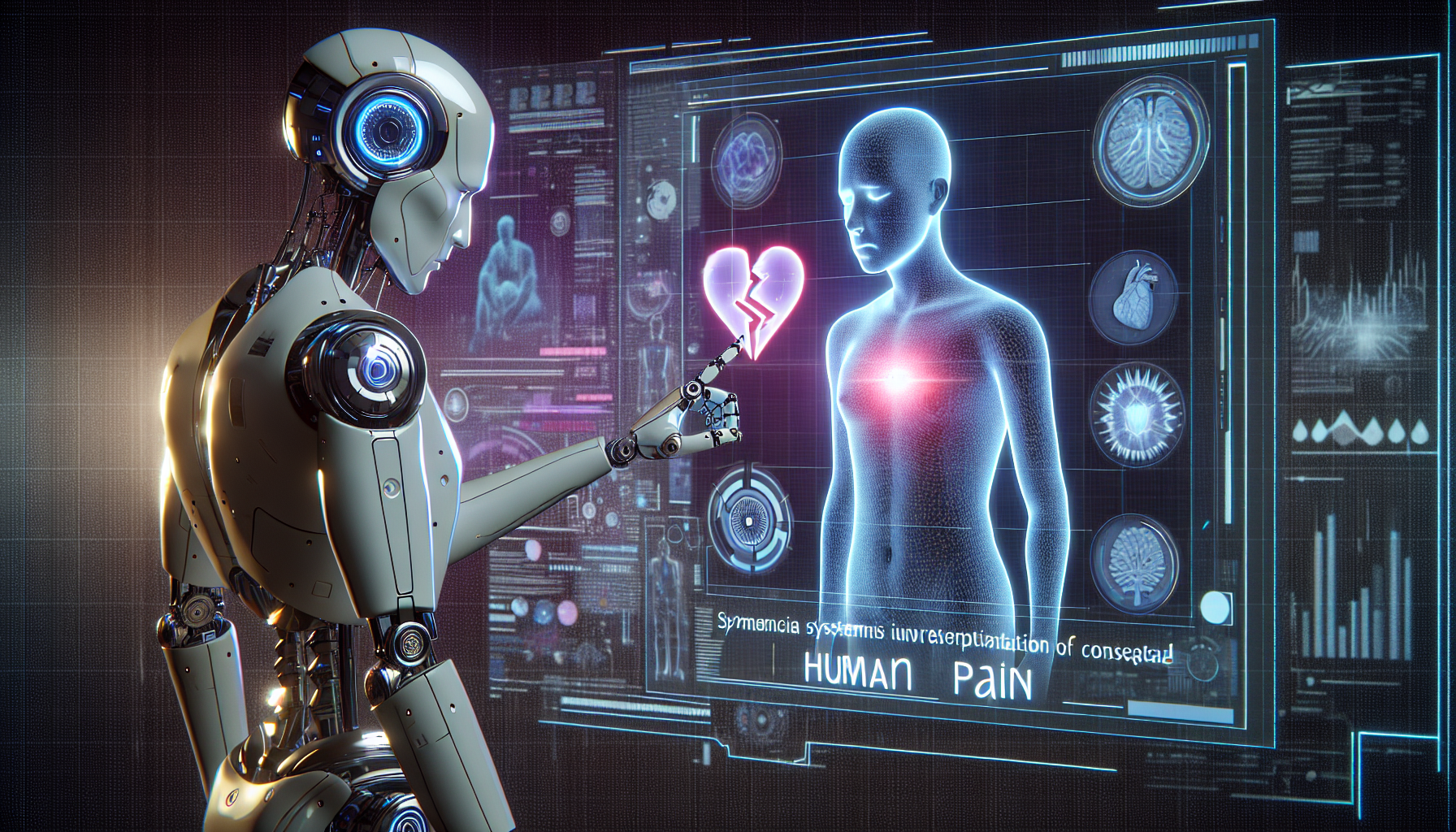What Are AI Companions?
AI companions are digital entities designed to simulate conversation, companionship, and emotional support. These range from voice-based assistants to humanoid robots and sophisticated chatbots. Unlike general-purpose AI tools, companions focus on forming simulated emotional bonds with users, using natural language processing, emotional intelligence algorithms, and adaptive learning.
Why They’re Gaining Popularity
Modern lifestyles often include long hours online, remote work, and increased social isolation. Elderly individuals, people with disabilities, and even younger generations report rising levels of loneliness. AI companions offer a form of immediate interaction that feels personal, non-judgmental, and always available.
As digital relationships become more normalized, these companions step in where human interaction is lacking. For some, they provide comfort and stability. For others, they serve as therapeutic or mindfulness tools, helping with daily mental health management.
Benefits: Companionship, Support, and Structure
AI companions can:
- Help reduce feelings of isolation by offering responsive, friendly communication
- Provide reminders and structure for individuals with mental health challenges
- Offer a consistent presence for those lacking close human relationships
Some are programmed to engage in wellness check-ins, daily affirmations, or guided reflections. In this way, they can act as a digital layer of support alongside professional care.
Risks and Psychological Concerns
While the emotional bond with AI companions may feel real, it is ultimately synthetic. This raises psychological concerns:
- Can users become too dependent on non-human relationships?
- Could reliance on AI reduce motivation to seek real human connection?
- How should emotional attachment to code-based entities be managed?
These questions mirror concerns from posts like The Psychology of Digital Decision Fatigue where technology changes our emotional wiring and behavior.
Ethical and Privacy Implications
AI companions require vast amounts of personal data to simulate emotional understanding. This raises serious ethical issues around consent, data storage, and potential manipulation. Transparency about how interactions are processed and stored is crucial to maintain user trust.
The broader discussion from The Ethics of Artificial Intelligence and Its Balance applies here too: emotional technology must be developed and deployed responsibly.
The Future of Digital Companionship
As AI becomes more human-like in speech, facial recognition, and emotional modeling, AI companions may begin to blend even more deeply into our daily lives. While they may never replace genuine human relationships, they can augment emotional care and provide valuable support—especially in moments when human contact is out of reach.
Conclusion
AI companions are reshaping how we understand and respond to loneliness. With responsible design and ethical oversight, they can serve as meaningful support systems. But society must remain aware of the psychological and social trade-offs involved in outsourcing connection to machines.





Leave a Reply